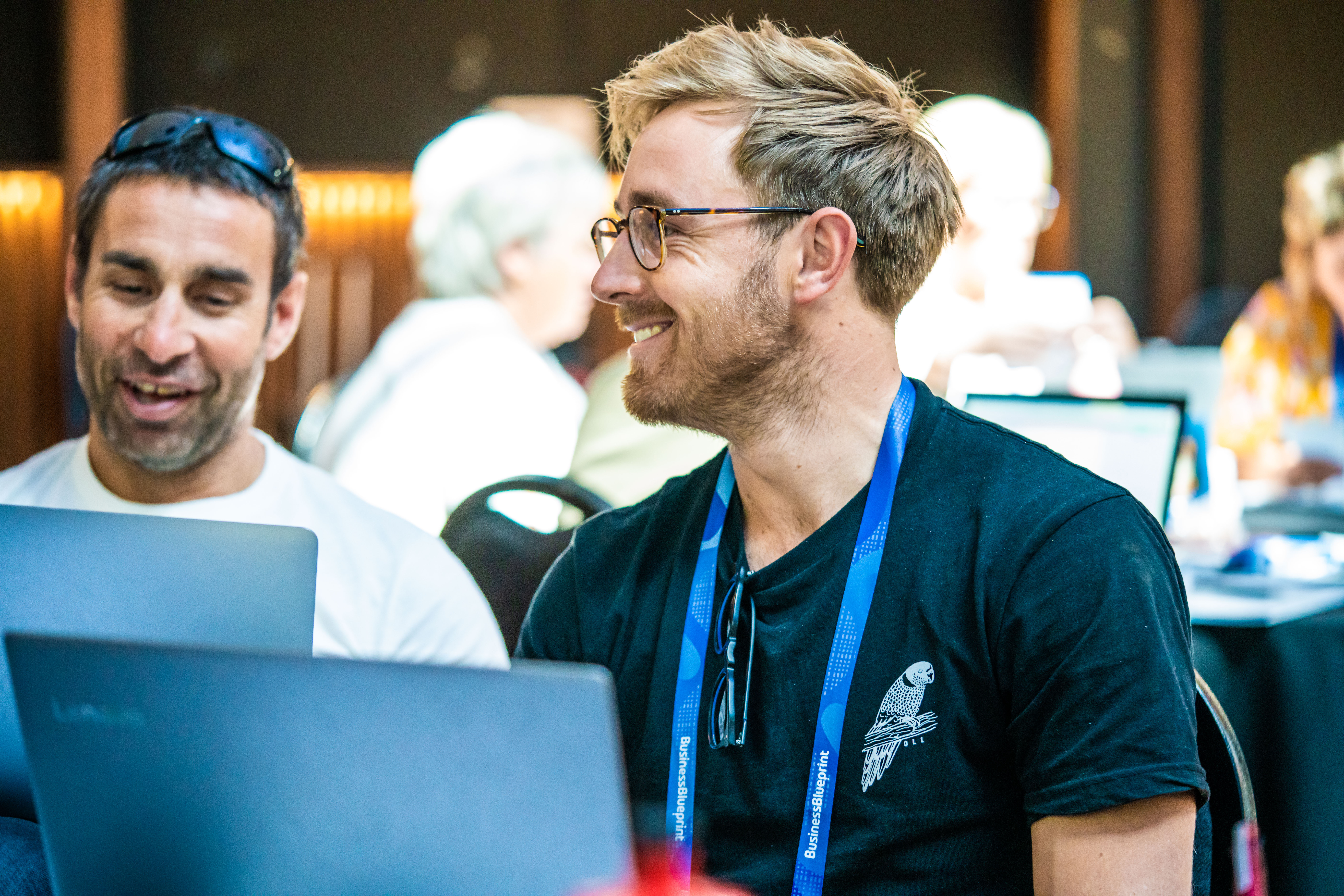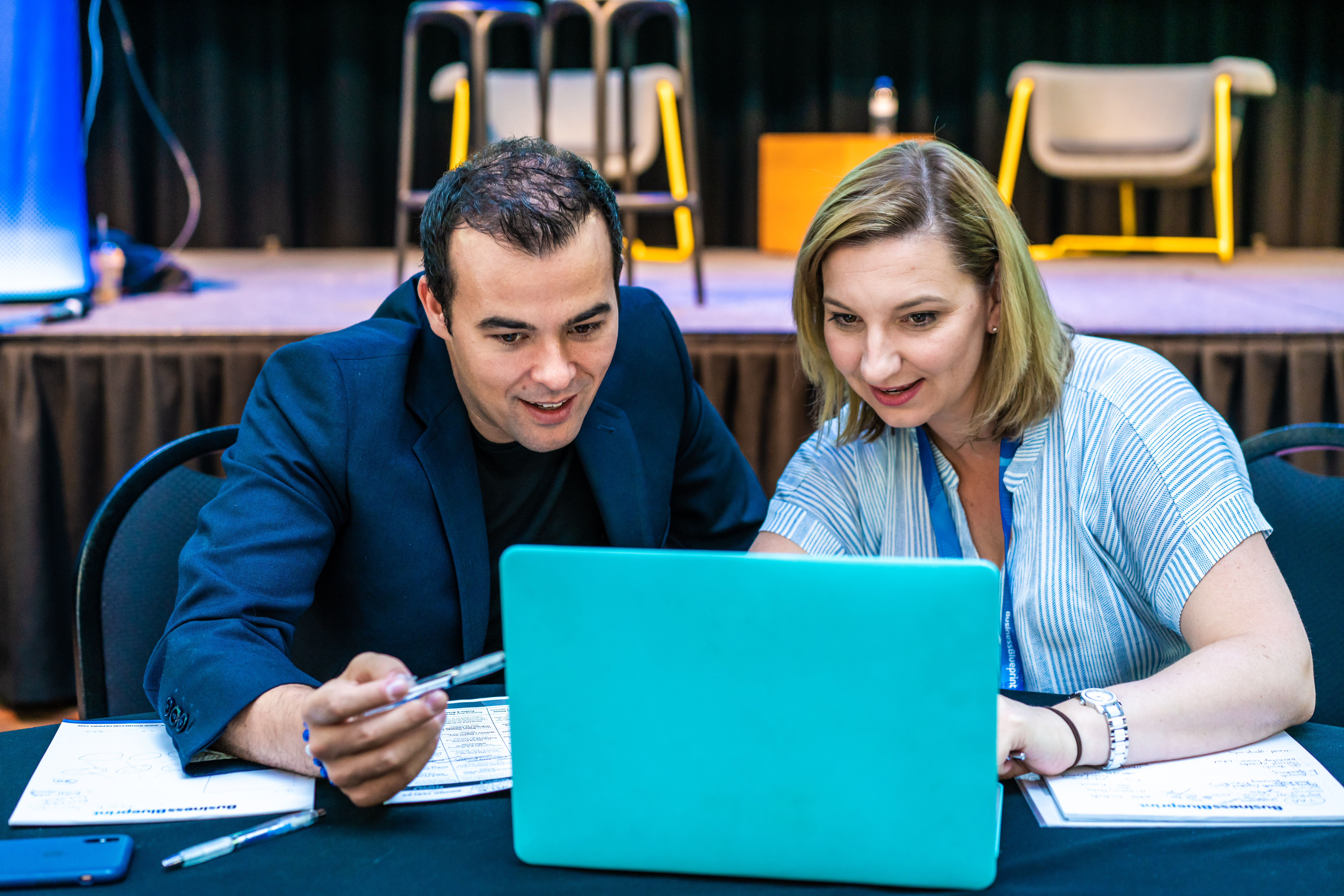Listening plays a major part in the world of negotiation. Though it is highly important, listening is not a skill that everyone has down pat. In this segment from an interview between Dale Beaumont and Phil Jones learn the important of listening skills in negotiation and how to develop these skills.
Phil started investing in property with just $25,000 and has since accumulated a multi-million dollar property porfolio. Phil is now a highly respected business and property speaker and is the author of more than six books.
Why is listening such an important part of the negotiation process and how can someone develop good listening skills?
Successful negotiations are based on the ongoing exchange of information. It is a process and therefore takes time. You can’t expect the other side to blurt out everything up front, just like you wouldn’t show all your cards at the outset either. The key throughout the entire negotiation is to ask questions and, more importantly, listen carefully. The information you obtain will tell you about the real interests involved in the negotiations and assist you in creating options, solutions and win-win agreements.
Here are six ways to develop good listening skills:
- Never interrupt – good listeners never interrupt when the other side is talking. If you have a question or need clarification, write it down and continue to give them your undivided attention. You can address your queries when they have finished if they haven’t answered them already (which they often do). Stopping the flow of information is very risky because they may be about to reveal everything you need to know.
- Speak with the body – maintain eye contact, nod every so often and occasionally smileas they are speaking. This shows the other person that you are paying attention and makes them feel comfortable about revealing more information.
- Paraphrase – this indicates to the other person that you have understood what they said. It basically involves summing up what you have heard in your own words.
- Clarify – ask questions about what the other person has just said. For example, ‘I’m not sure what you mean by…’ It’s a further indication that you are paying attention.
- Acknowledge them – this does not mean you have to agree, it just shows the other person that you value their point of view. Be sincere when you acknowledge them and always look them in the eyes, even if they are angry or threatening. Once they have been heard, you can go on to show how your point of view is also valid.
- Agree as often as possible – agreeing to what the other person is saying creates a very positive negotiating environment. Find little things to affirm and you will not only set a pattern of agreement but also make the other person more confident about sharing information with you.
By listening attentively you will also notice the things that the other person does not say and this could tell you a lot. For example, they may be very quiet about their reasons for a particular settlement date, which could indicate that they are under more pressure than they want to let on. When listening, try to maintain objectivity and keep an open mind. Make every effort to understand what the other party is really trying to say – read between the lines! Determine whether the words they are saying match their body language. And always remember the golden rule: listen more than you talk!
For more of this interview and negotiation listening skills check out “Secrets of Entrepreneurs Under 40 Exposed!”





